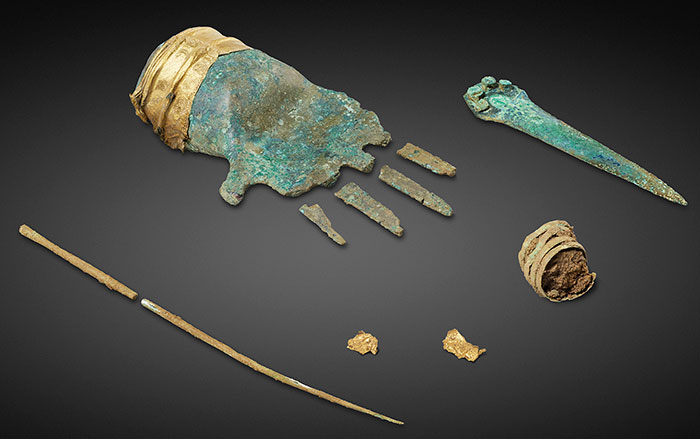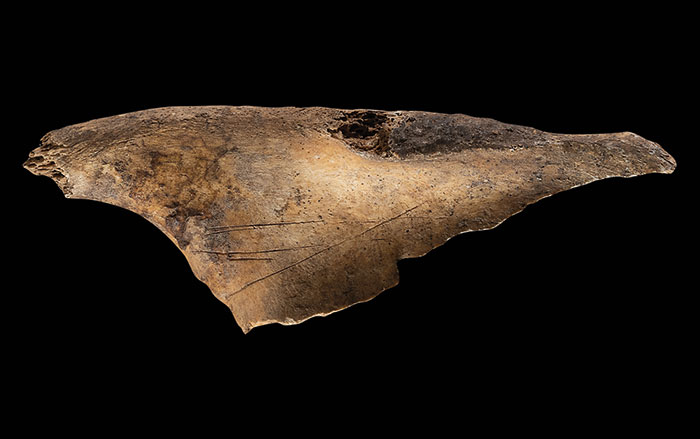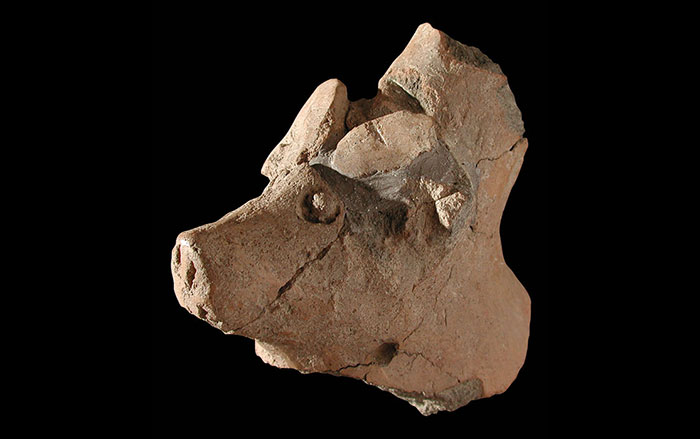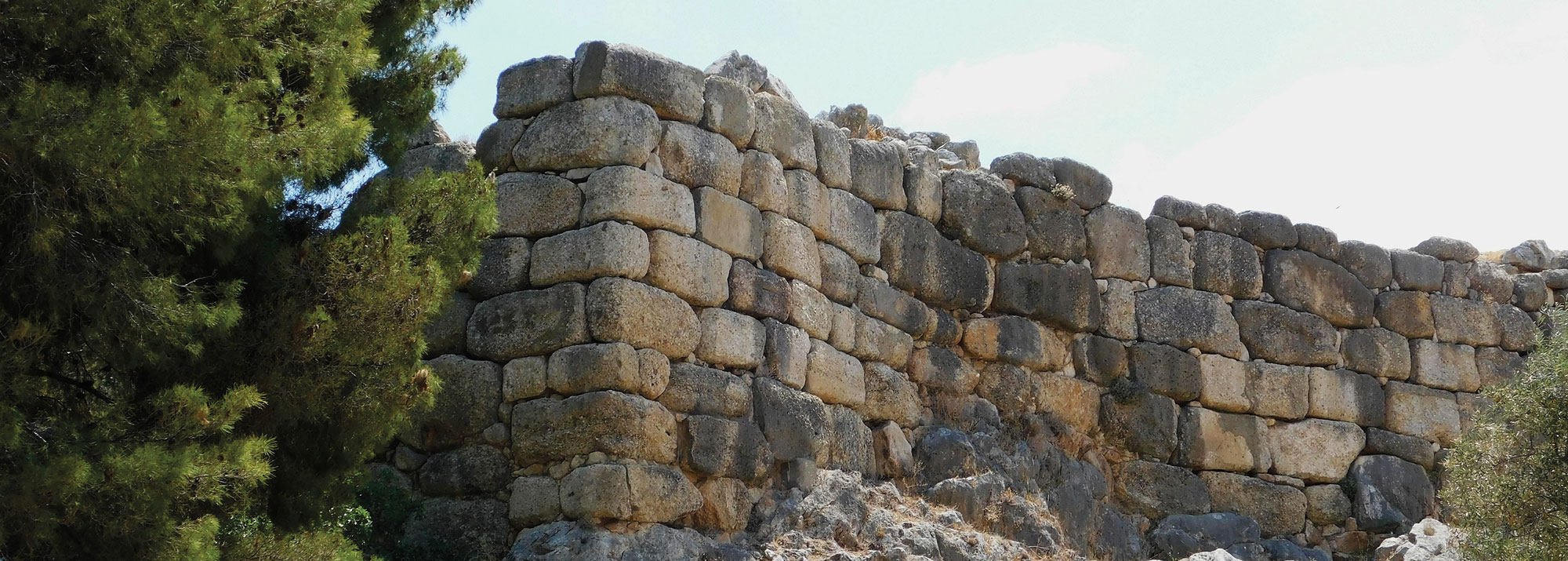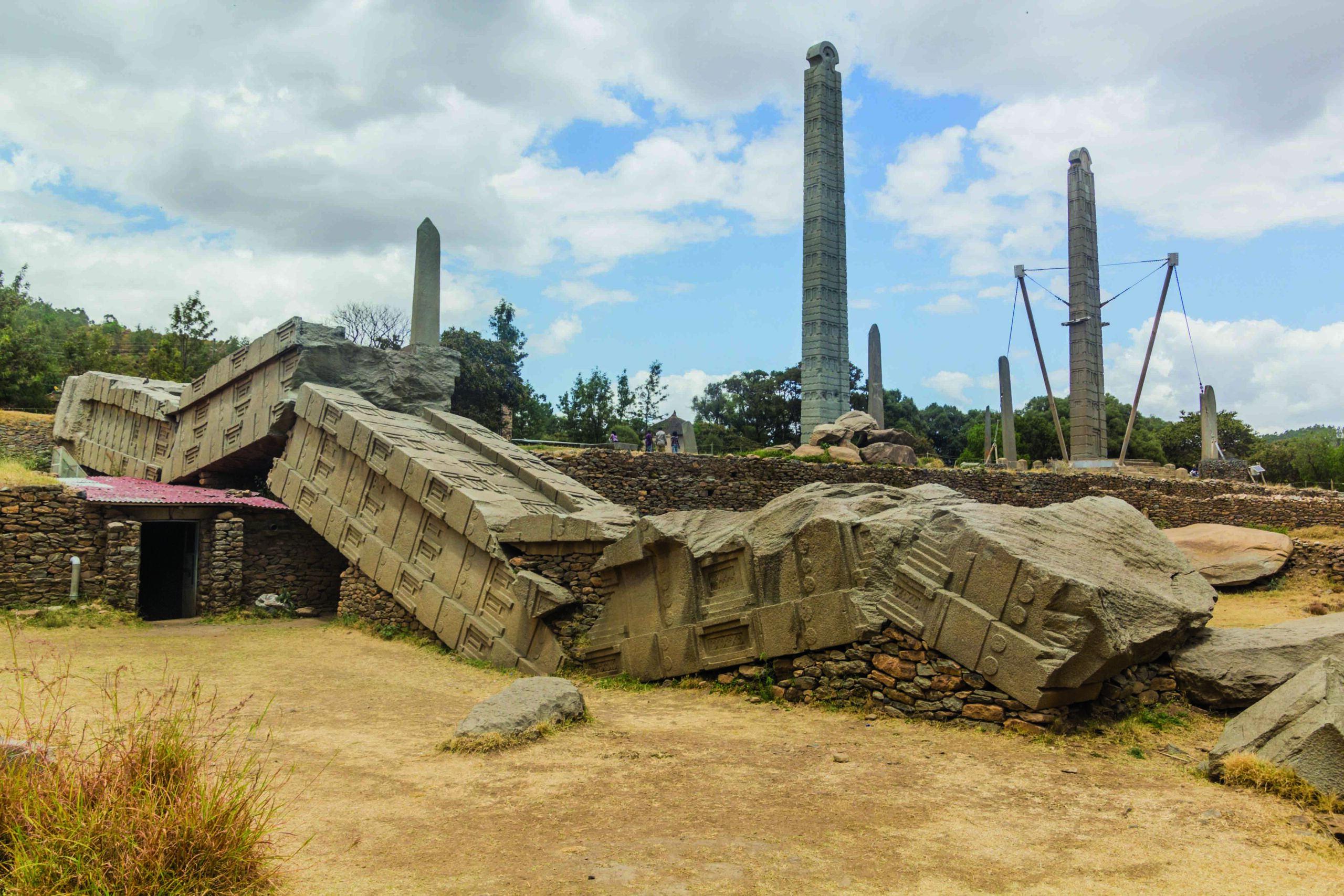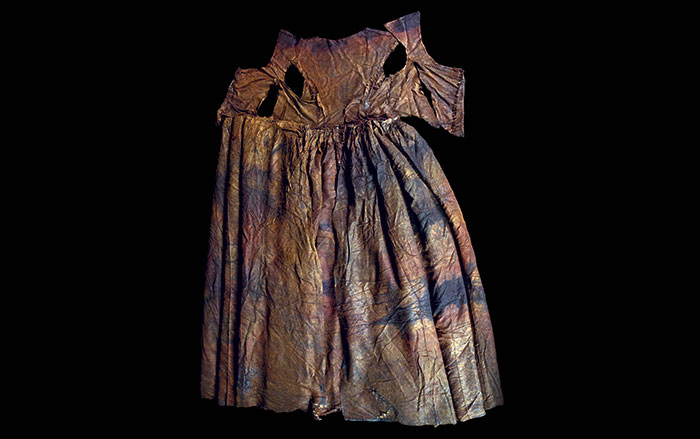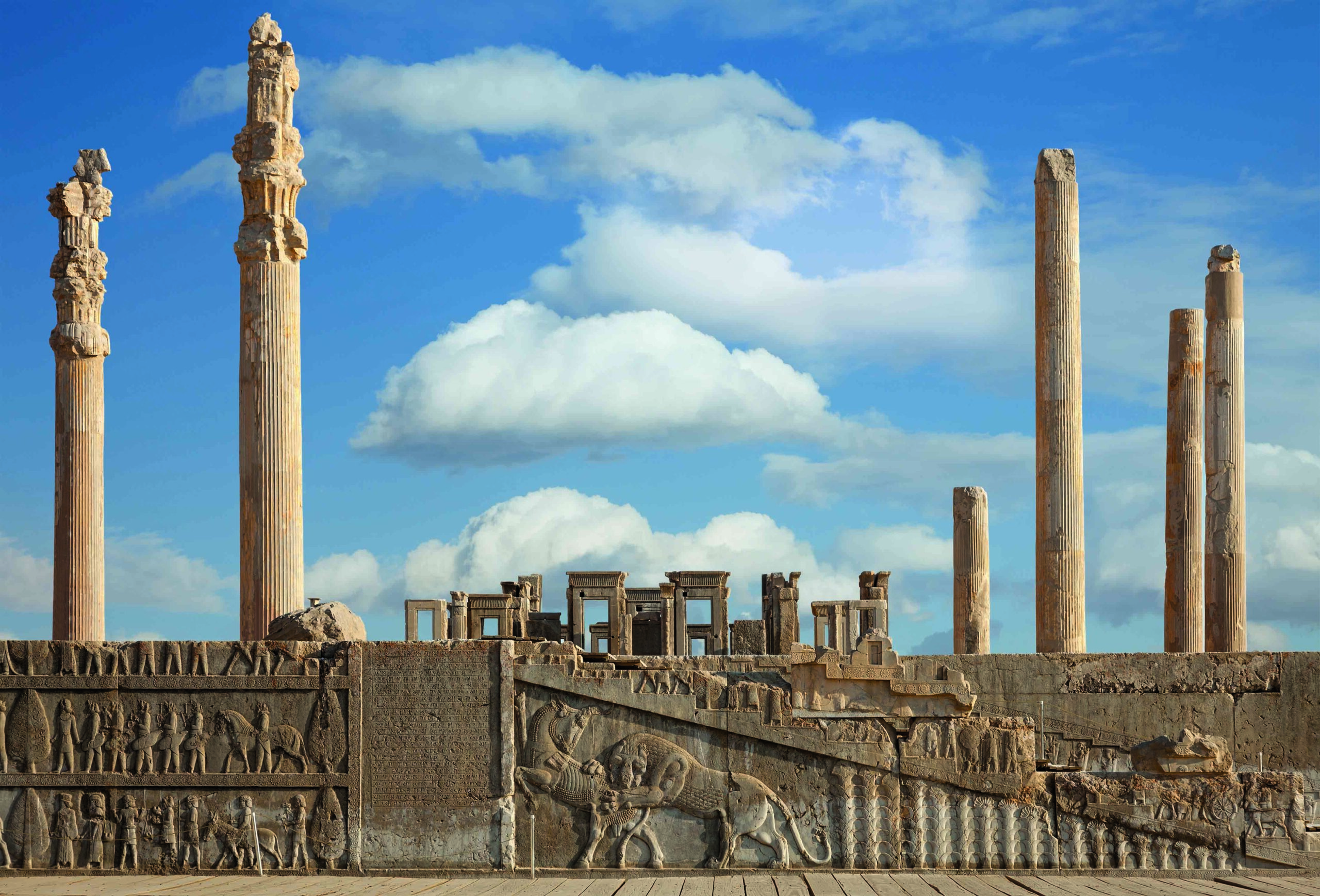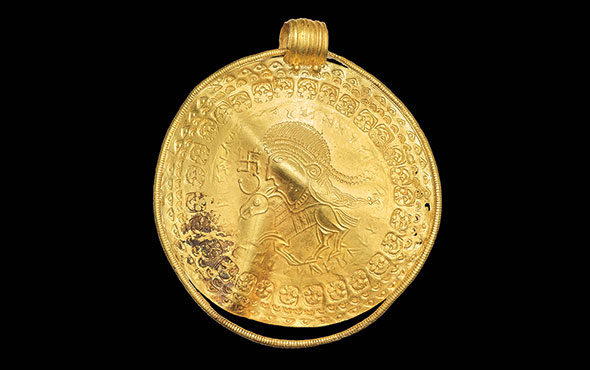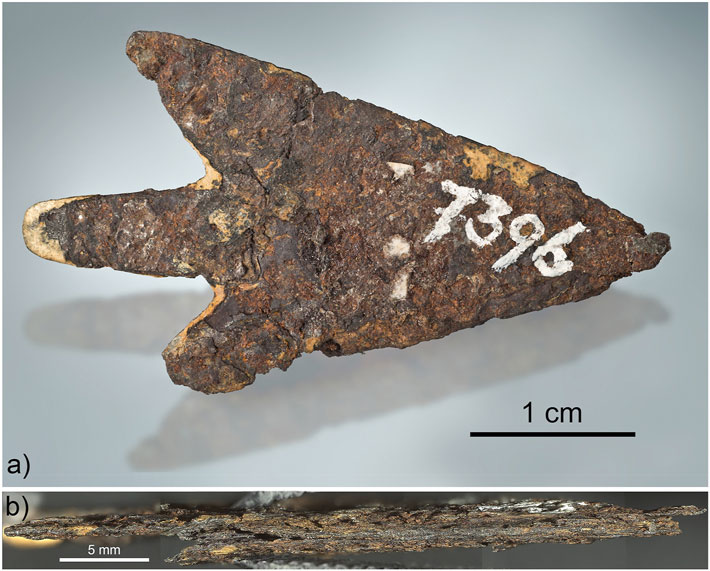
BERN, SWITZERLAND—According to a Phys.org report, an ancient metal arrowhead held in the collections at Bern History Museum was analyzed by a team of researchers led by Beda A. Hofmann of the University of Bern. The arrowhead was unearthed at Mörigen, a Bronze Age site inhabited from about 900 to 800 B.C. Geologists determined that the artifact contained aluminum-26 isotopes, which do not occur naturally on Earth. They also detected an iron and nickel alloy that has only ever been found in meteorites. Although Mörigen is located less than five miles from Switzerland’s Twannberg meteorite, the researchers found that the concentrations of germanium and nickel in the Twannberg meteorite did not match the concentrations of the metals in the artifact. More likely candidates for the source of the meteoritic iron were found, however, in the Czech Republic, Spain, and Estonia. The researchers suggest the arrowhead was made with metal from the meteorite in Estonia and then transported to Switzerland via Bronze Age trade networks. Tar found on the arrowhead was likely used as an adhesive to attach it to a shaft, the researchers concluded. Read the original scholarly article about this research in Journal of Archaeological Science. To read about a scarab from King Tut's tomb that was fashioned from glass formed by a meteorite impact, go to "Scarab From Space."


